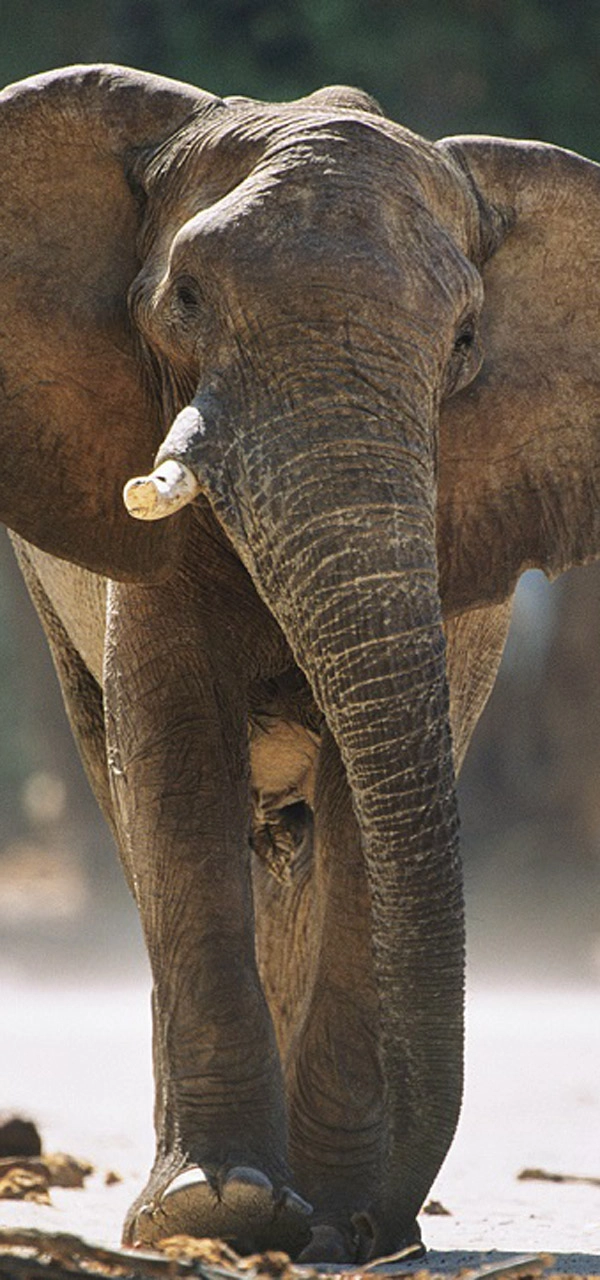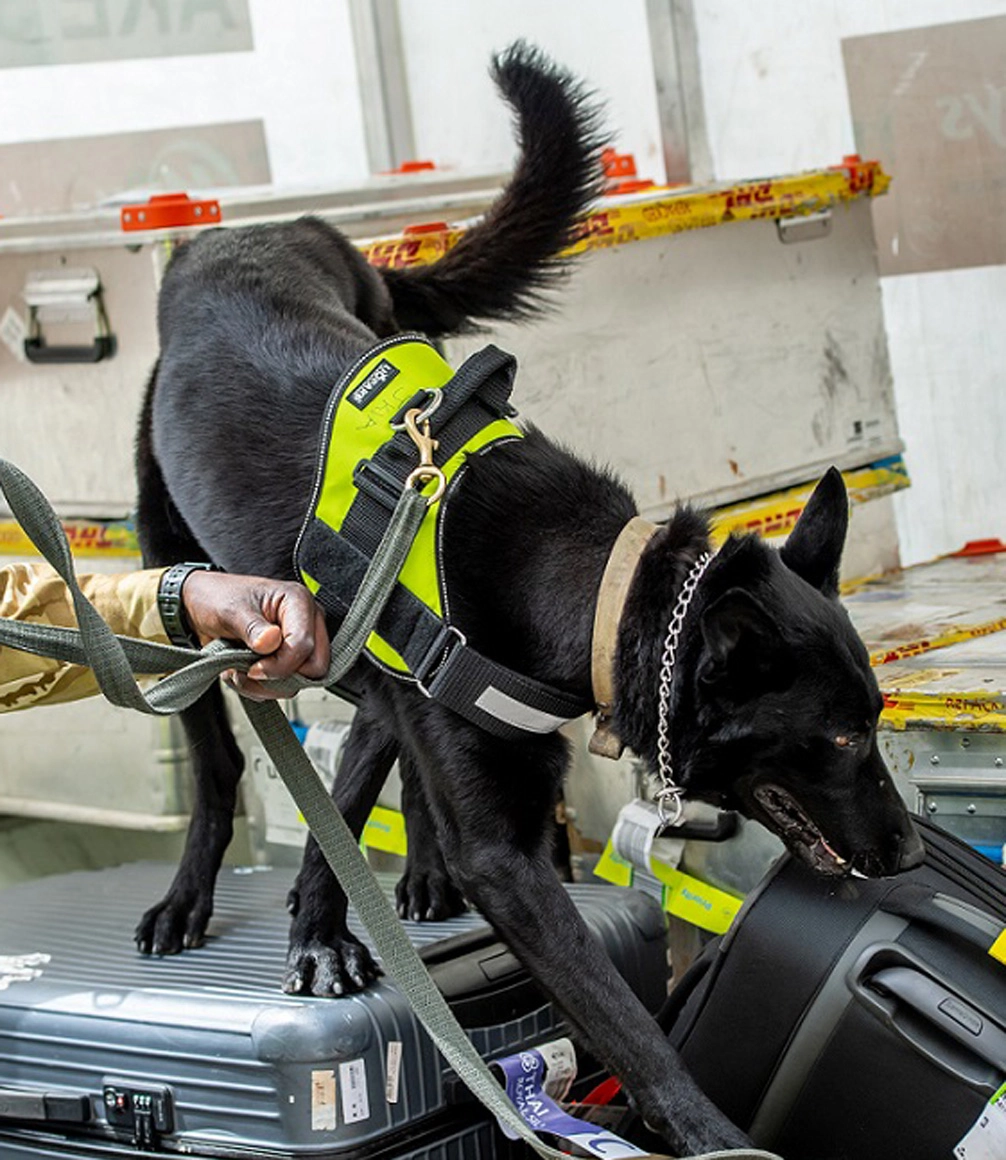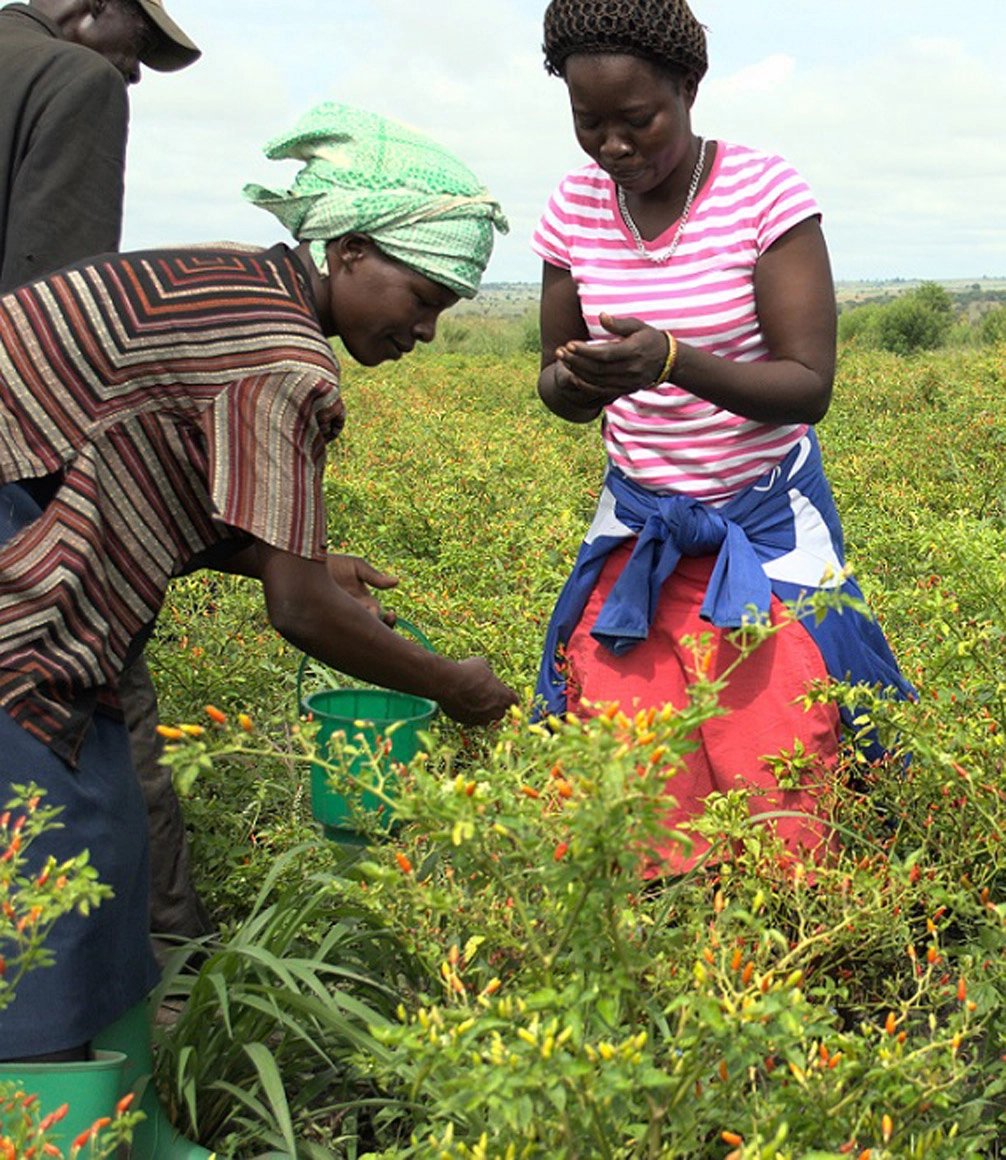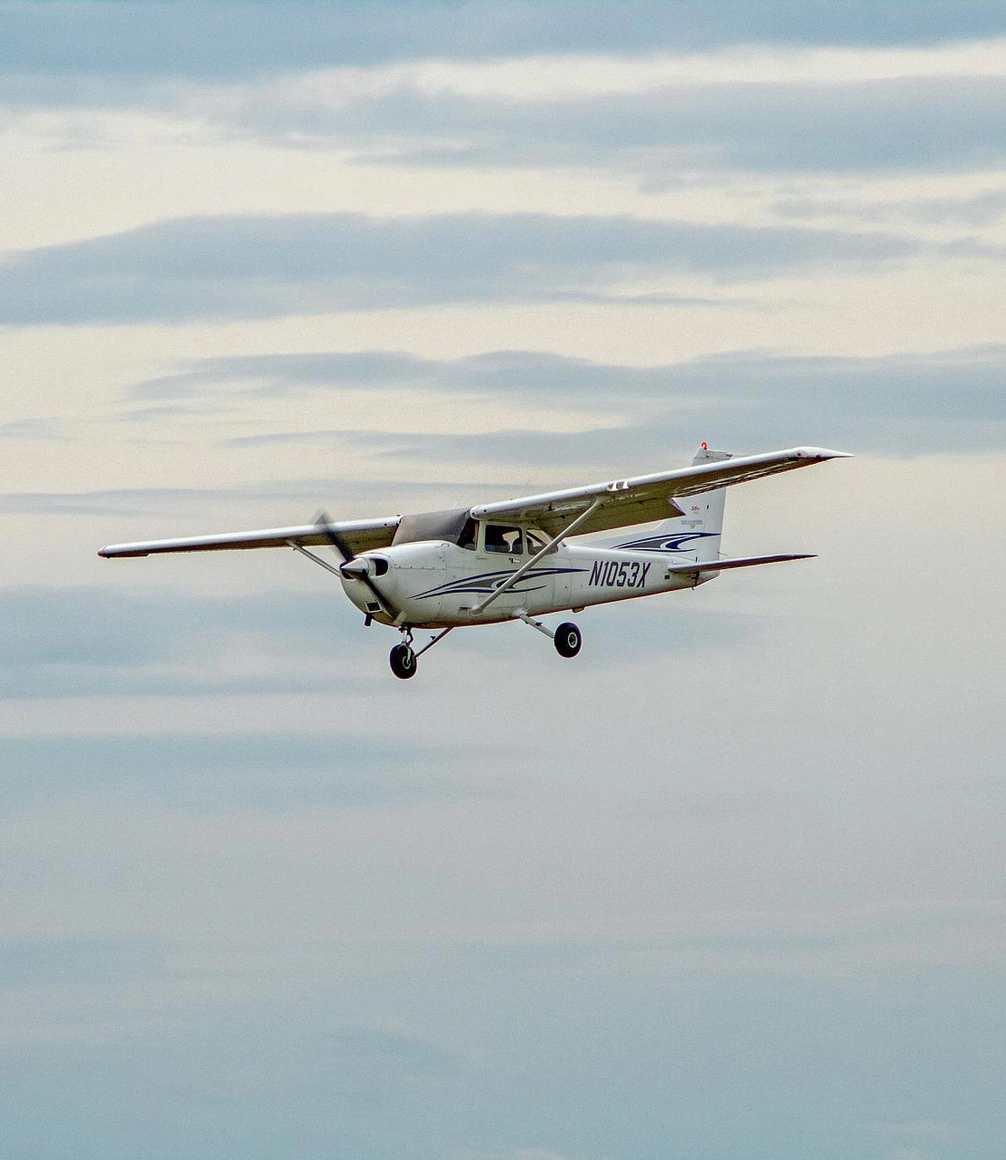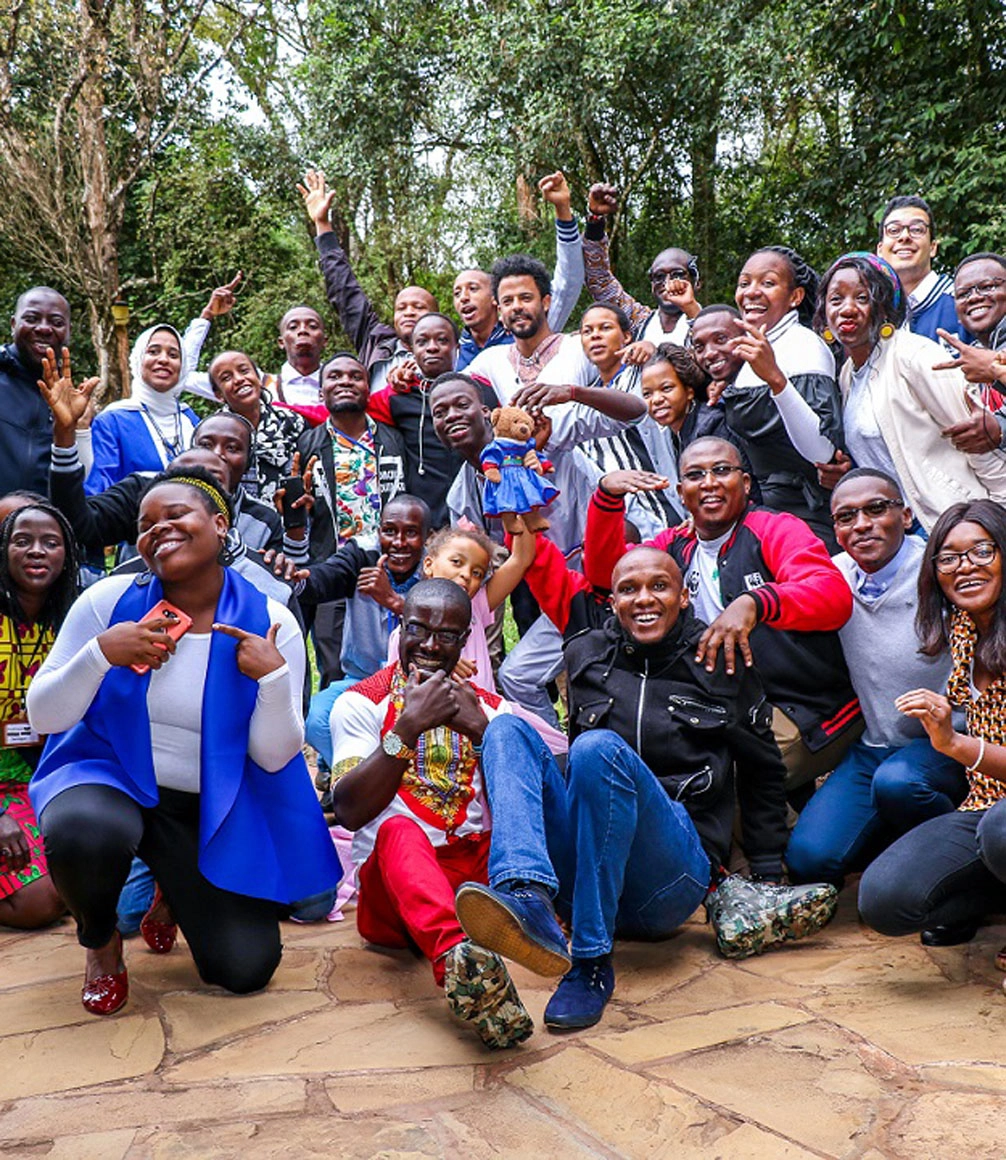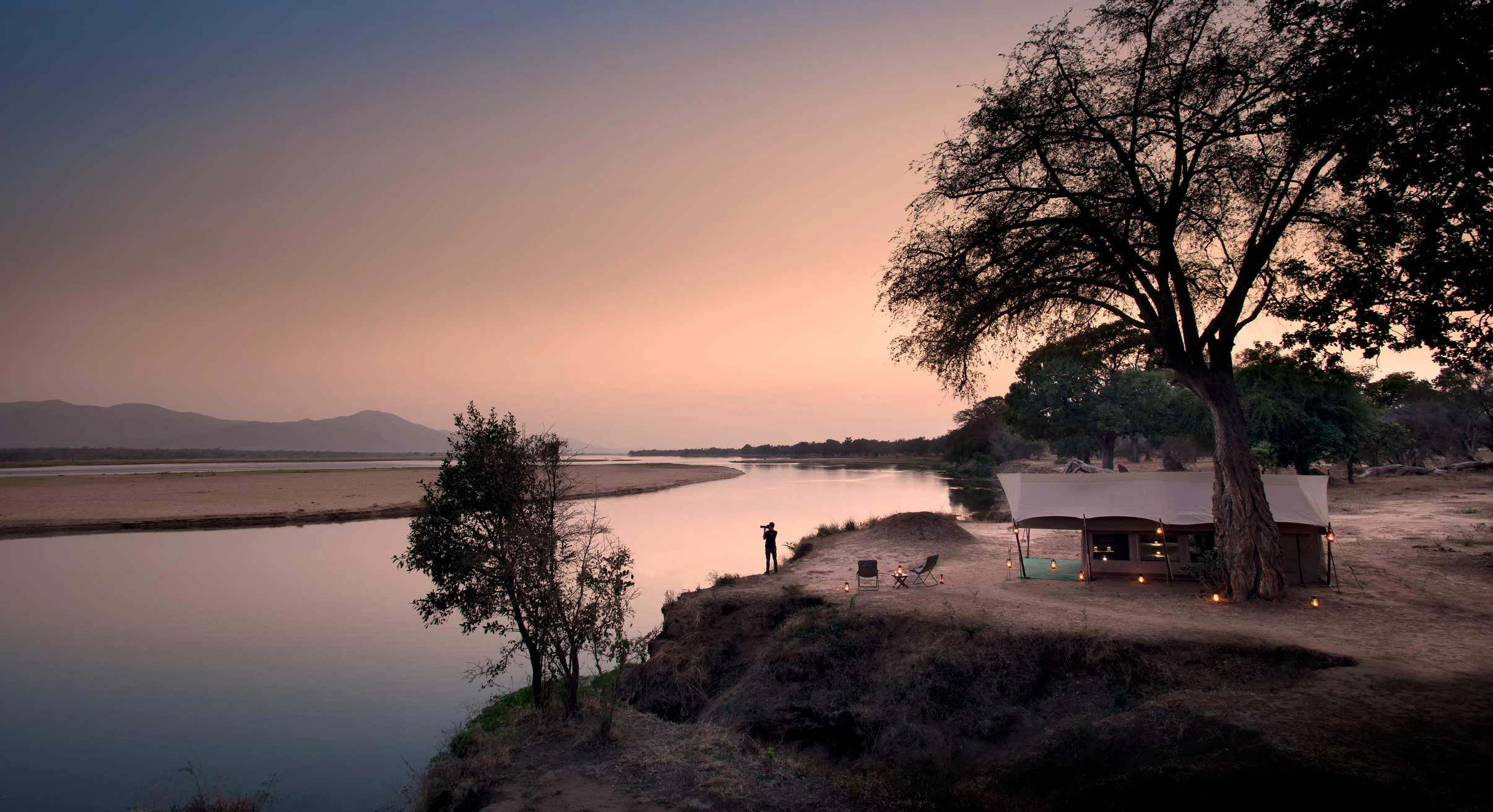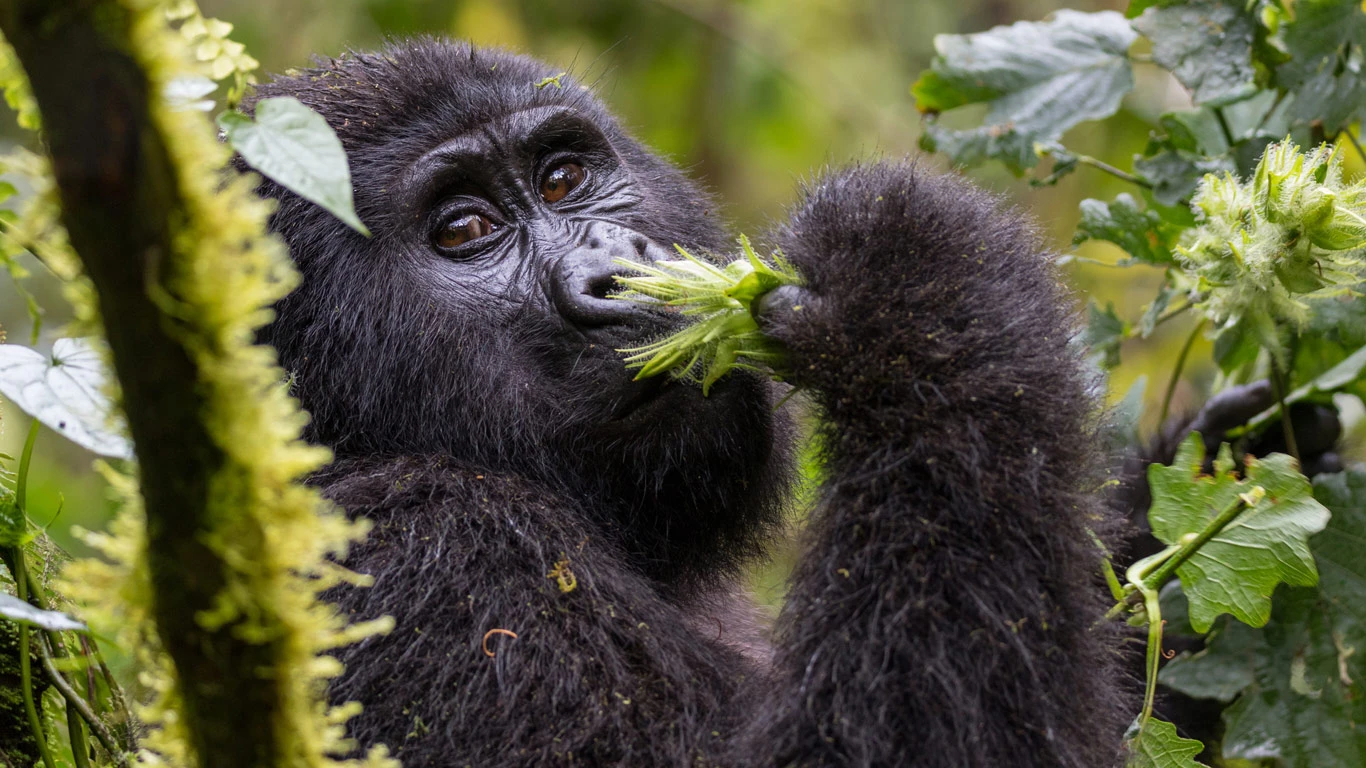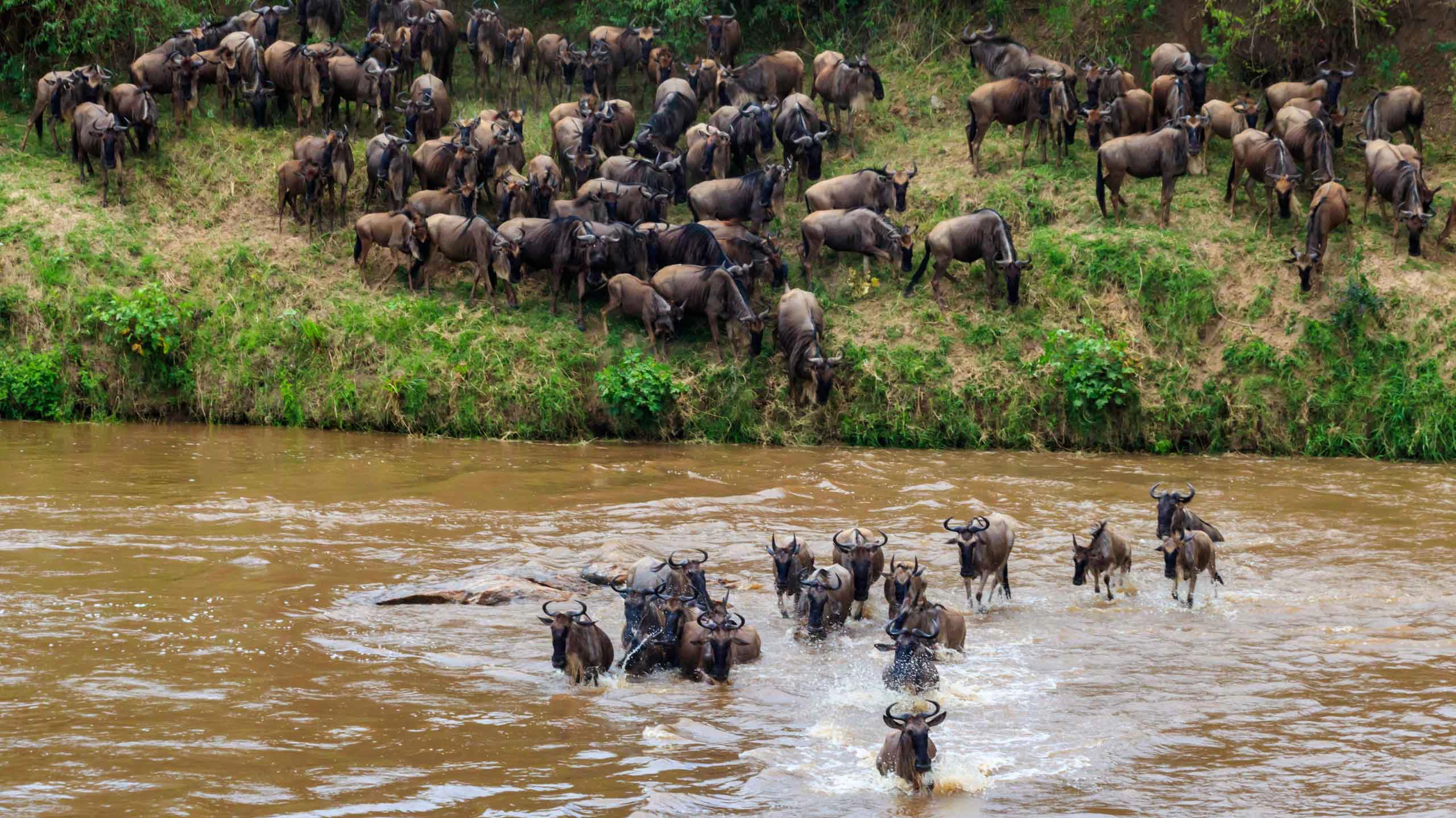Africa is entering an exciting phase in its history. Development is lifting millions out of poverty, but increasing the demand for food, water and energy is pushing its natural resources to its limit. With Africa’s population set to double by 2050, the human-wildlife conflict crisis looms ever larger and is a significant threat to the wellbeing of both humans and wildlife alike.
The illegal wildlife trade and environmental crime grow ever larger and are estimated to be worth approximately $8-$10 billion per year. Wildlife crime contributes to the decimation of endangered species and the degradation of ecosystems while depriving developing countries of billions of dollars in lost natural resources, national heritage, revenue and economic development.
The African Wildlife Foundation’s mission is to ensure “wildlife and wild lands thrive in modern Africa”. They want a future where Africa doesn’t have to choose between economic growth or conservation. Instead, they work towards a future where wildlife and wild lands are the centrepiece of sustainable development. We are at a turning point: the value of African leadership has never been more important to provide strategic guidance and steer sustainable development on the continent.
Through education, employment and direct conservation action, the AWF works to conserve Africa’s natural wealth of biodiversity and protect ecosystem services that underpin life. They work on the ground with government agencies, local NGOs and businesses to manage critical landscapes and combat illegal wildlife crime.
Highlights of AWF's work
“AWF’s work is complex and multifaceted; supporting conservation and sustainable community projects across Africa, as well as working with African leaders at all levels to prioritise biodiversity protection.”
How does AWF support conservation in Africa?
Below are some examples of projects that may be particularly suitable to visit and support on safari to Africa, but there are many others besides.
One of the AWF’s flagship programmes protects species from the illegal wildlife trade. Canines for Conservation works with national wildlife authorities to train, deploy and support teams of handlers and detection dogs to detect smuggled wildlife and wildlife products at ports of entry and transit routes. The programme also includes tracker dogs used to curb poaching in protected areas and wildlife conservancies. There are teams of handlers and dogs operating under the leadership of national wildlife authorities in Kenya, Botswana, Tanzania, Mozambique, Uganda and Cameroon.
Chilli farming for elephant conservation: Elsewhere in Africa, such as Murchison Falls National Park in Uganda, AWF supports farmers to grow crops such as chilli, which supplements their incomes, and whose pungent smell deters elephants from destroying other crops in their fields. Chilli plants form a compact but profitable crop and they can be processed into chilli briquettes to keep elephants off farmland and homesteads.
Anti-poaching air and water patrols: Poaching in endangered wildlife continues, very sadly driven by Asian traditional medicine. In AWF’s priority landscapes, AWF use aircraft to assist rangers in the expansive forest landscape where travel is fraught, impeded by poor road networks and vast distances. Air patrols complement the patrols by the local wildlife management authority’s eco-guards. In Mana Pools National Park in Zimbabwe an anti-poaching river-based unit works with Zimbabwe’s wildlife agency. Their boat is fitted with sensors that allow it to detect illegal wildlife trafficking activity on the river both day and night, a game changer for their conservation work.
The AWF Youth Leadership programme: AWF works with partner organisations and networks of youth, community and indigenous peoples to nurture capable community and youth leadership across different sectors that are championing conservation and sustainable development in Africa. They also continue to partner with strategic partners such as Friends of Nature, China’s oldest, environmental non-governmental organization, to host and facilitate high-level, targeted workshops trainings and summits that strive to capacitate young leaders and build even larger, more coherent networks.
Community livelihoods support: AWF vaccinate community livestock, keeping herds healthy. They employ local people in communities to work alongside wildlife authorities to help restore and maintain the national parks, bringing in a much-needed source of income. In Cameroon, they support community livelihoods projects, helping local women to produce beauty products from natural, sustainable sources from the forest, instead of depleting them for timber.
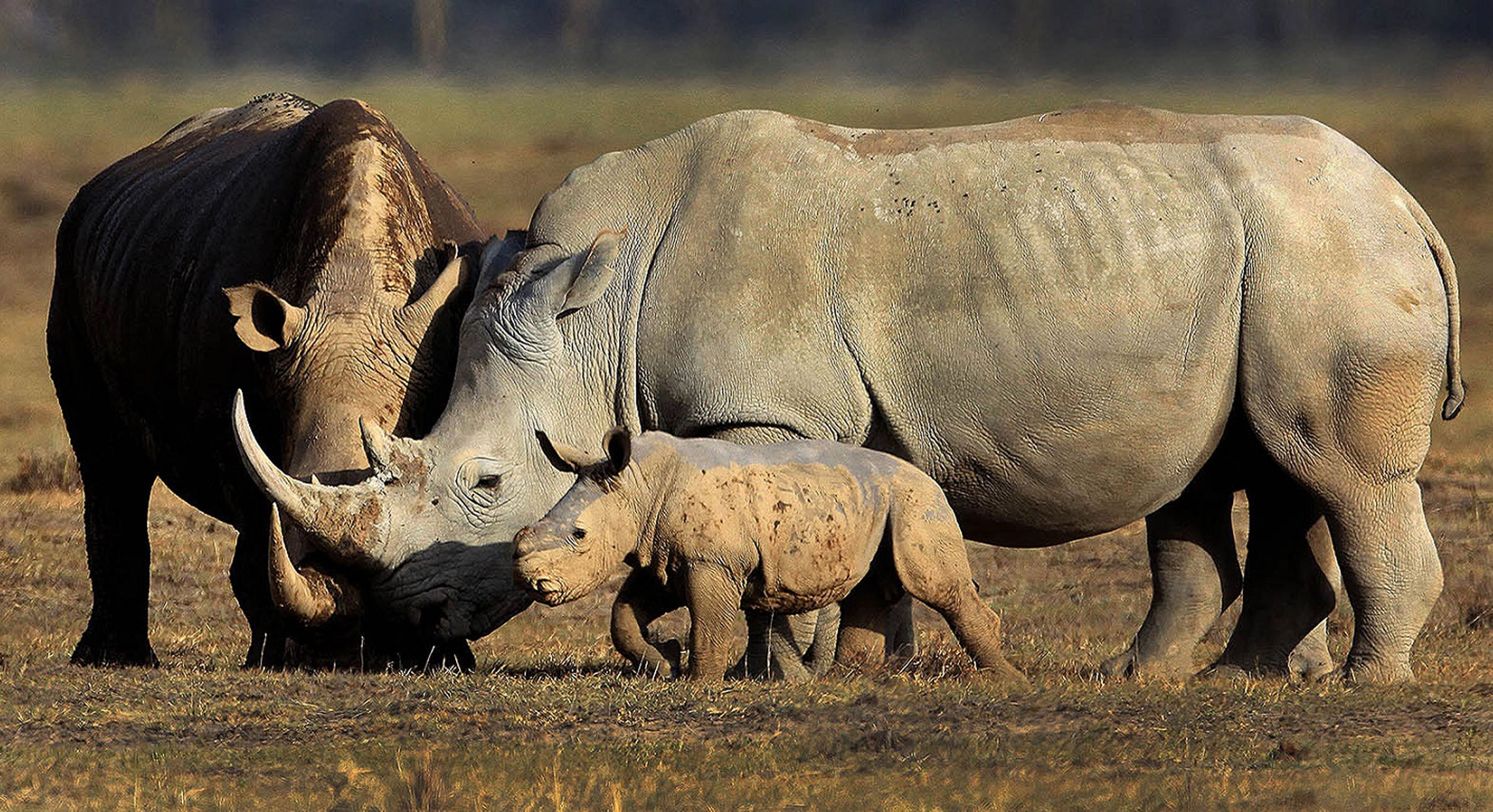
How can you engage with African Wildlife Foundation projects?
Ask us to build in an experience with AWF as part of your African safari. You can have a behind-the-scenes experience in the field that resonates most closely to your desired interests, be it micro-financing, community, education, medical support, humanitarian, wildlife conservation, or a combination of all of these. Many of these projects are multi-faceted and allows you to get a fascinating insight into both the conservation challenges and the growth opportunities in biodiversity protection.
Ready to take the road less travelled?

